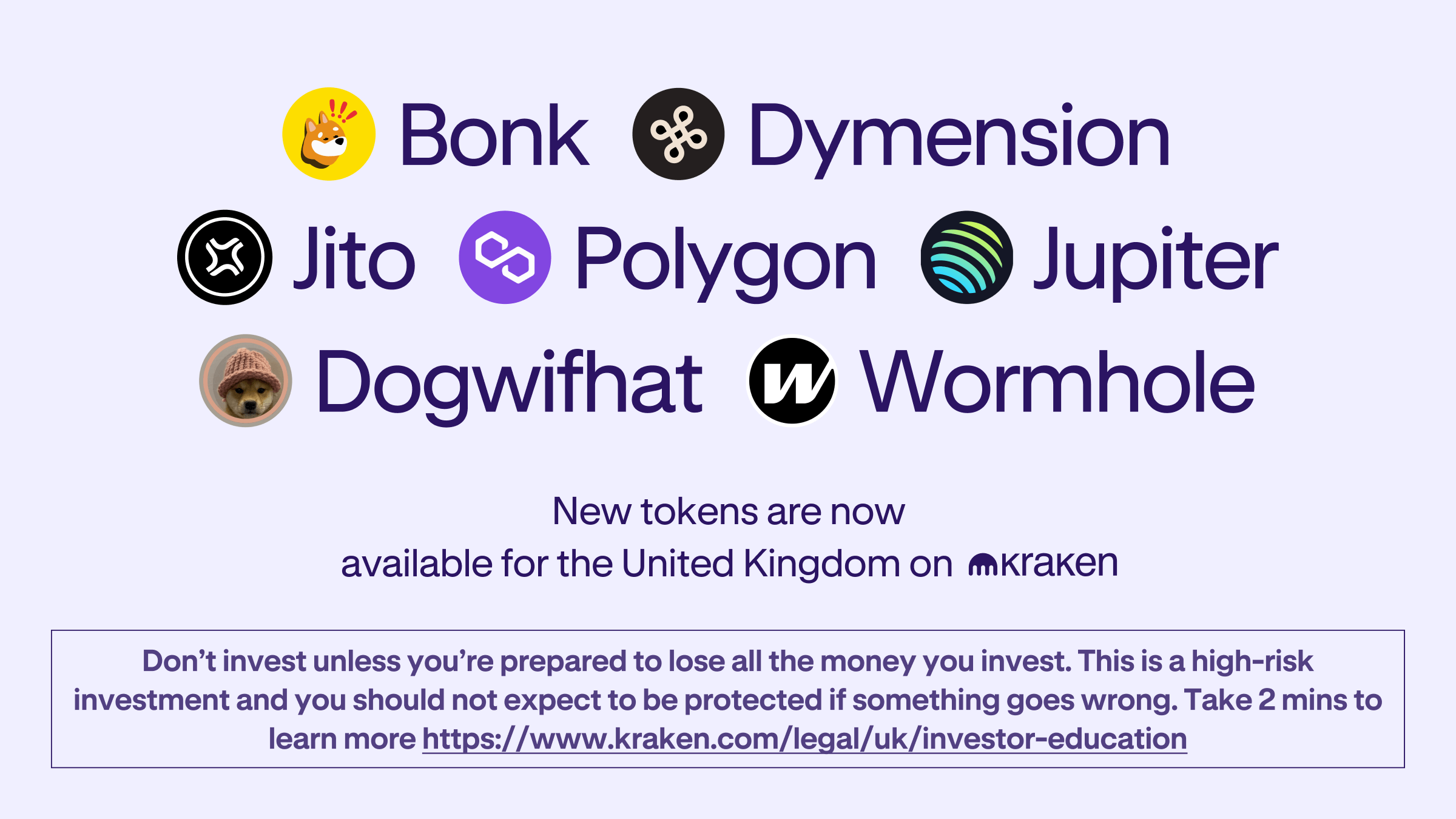Summary:
- Authorities plan to implement the policy by 2023.
- The law defines stablecoins as digital money and places its issuance with regulated banking institutions.
- Japan’s new bill also links Stablecoins with the Yen to allow redemption at face value for holders.
- Existing stablecoins like USDT and USDC do not fall under the purview of the policy.
Japanese lawmakers approved a new policy categorizing stablecoins as digital money and introducing new policies geared towards protecting stablecoin investors.
According to Bloomberg, the bill unveiled on Friday grants holders the power to redeem their tokens at face value by linking these stablecoins to the Yen or other legal tender.
Indeed, this new structure and the classification of stablecoins as digital money also means that such can only be issued by regulated financial entities like banks, trust firms, and approved money transfer services.
While the policy is scheduled to come into play in 2023, domestic industry stakeholders are moving to align with the new directive. Bloomberg’s report disclosed that Mitsubishi UFJ Trust and Banking Corporation plans to launch its so-called Progmat stablecoin fully backed by the Japanese Yen.
In line with the new law, the coin will offer redemption at face value for holders.
Notably, the policy does not consider existing stablecoin tokens like Tether’s USDT and Circle’s USDC under its mandate. As of press time, crypto exchanges do not support stablecoins in Japan.
Japan’s Parliament Moves In On Stablecoin Market After Terra’s UST Incident
Japan’s stablecoin bill comes a few weeks after the incident with Terra’s UST sent shockwaves all through the cryptocurrency industry. The stablecoin from Terraform Labs held significant investments from retail and institutional investors alike.
Following the debacle, regulators and authorities supposedly have eyes on the stablecoin markets, with some like US Treasury Secretary Janet Yellen calling for tighter regulatory policies.
Read More: en.ethereumworldnews.com








 Bitcoin
Bitcoin  Ethereum
Ethereum  Tether
Tether  Solana
Solana  USDC
USDC  Lido Staked Ether
Lido Staked Ether  XRP
XRP  Toncoin
Toncoin  Dogecoin
Dogecoin  Cardano
Cardano  Shiba Inu
Shiba Inu  Avalanche
Avalanche  Wrapped Bitcoin
Wrapped Bitcoin  TRON
TRON  Bitcoin Cash
Bitcoin Cash  Polkadot
Polkadot  Chainlink
Chainlink  Polygon
Polygon  Internet Computer
Internet Computer  Litecoin
Litecoin  NEAR Protocol
NEAR Protocol  Uniswap
Uniswap  LEO Token
LEO Token  Dai
Dai  Aptos
Aptos  Ethereum Classic
Ethereum Classic  Mantle
Mantle  Stacks
Stacks  First Digital USD
First Digital USD  Filecoin
Filecoin  OKB
OKB  Cronos
Cronos  Stellar
Stellar  Cosmos Hub
Cosmos Hub  Render
Render  Renzo Restaked ETH
Renzo Restaked ETH  Bittensor
Bittensor  Arbitrum
Arbitrum  Immutable
Immutable  dogwifhat
dogwifhat  Hedera
Hedera  Maker
Maker  Injective
Injective  The Graph
The Graph  Ethena USDe
Ethena USDe  Optimism
Optimism  Wrapped eETH
Wrapped eETH